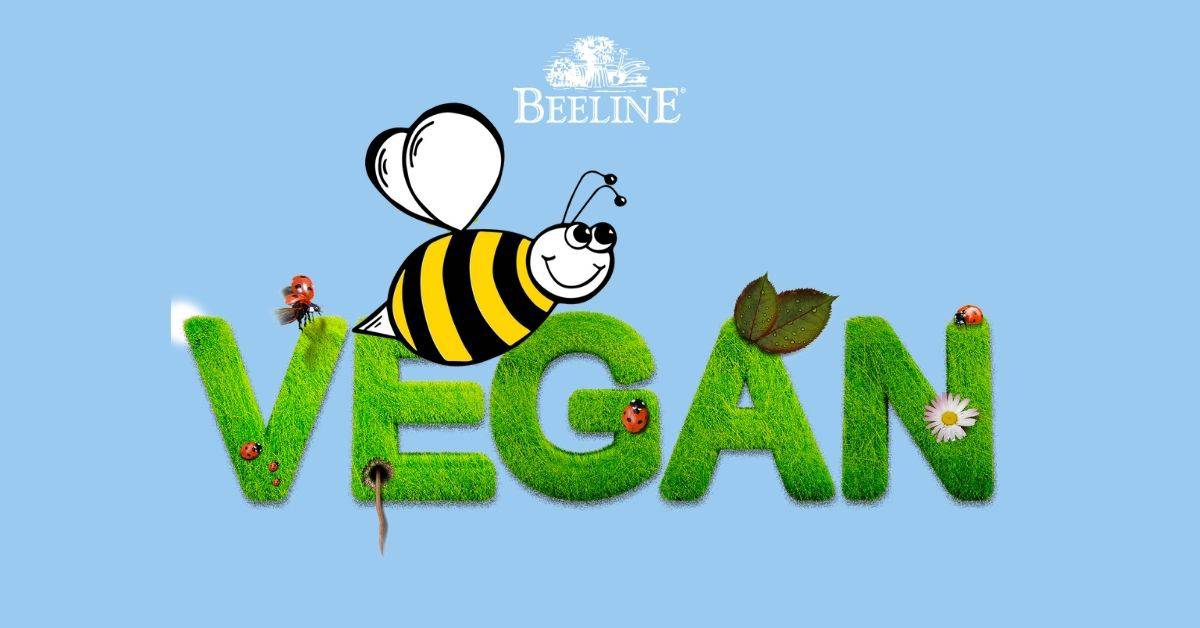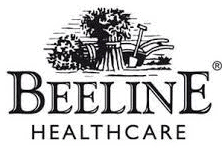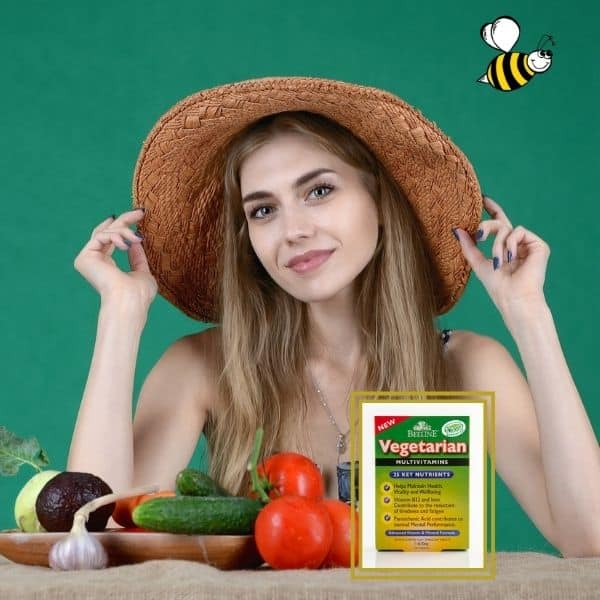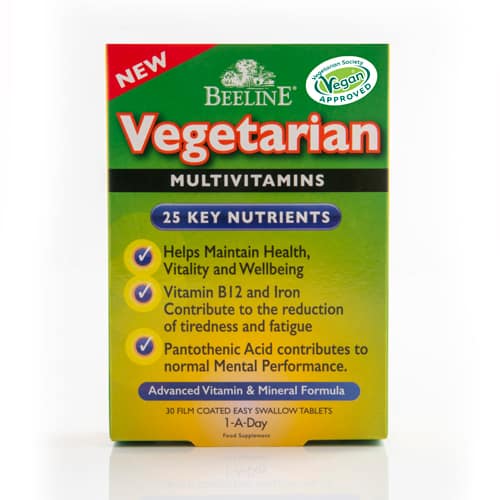Vegan Diet Advantages, Disadvantages, Risks and Tips for Heathy Nutrition
A vegan diet can be healthy and nutritious with advantages and disadvantages. Health experts warn of potential health repercussions from eating a vegan diet that does not fulfil your nutritional requirements, especially for children and teens. Nutrients from meat and dairy should be replaced, and supplements are recommended. Find out the risks of a vegan diet as well as tips for a healthy plant-based diet.
Vegan diets have advantages and disadvantages. They can be healthy and nutritious. However, health experts have warned of the health repercussions from not eating sufficient nutrients through an unbalanced diet, especially for children, teenagers and young adults who are still growing. Key nutrients contained in meat and dairy need to be replaced from other sources, where possible. Insufficient nutrition is generally due to poor planning and a lack of understanding of nutrition. Education and planning can ensure a healthy vegan diet consisting of a combination of food and dietary supplements.
Find out the essential nutrients that are needed by the body, what are the risks associated with a vegan diet, especially for children and young adults, and what are the tips on nutrition sources for a healthy plant-based diet.
Diets
In recent years, there has been a rise in adults, teenagers and adolescents switching from meat to vegan diets. Each year as part of new year weight loss resolutions, many people also try to adopt veganism, vegetarianism, paleo, low carb, low calorie, detox or keto diets.
What is a Healthy Diet?
A healthy diet provides sufficient nutrition to support good health, while protecting against malnutrition and disease. It is a balanced diet consisting of a variety of the right mix of food in the right quantities to provide sufficient nutrients, vitamins and minerals for the body and mind to function properly.
What is Nutrition?
Nutrition covers the combination of nutrients that we consume when eating and drinking. This includes food, drinks and dietary supplements. Our bodies use nutrients to function, grow and repair.
Essential Nutrients
There are 6 essential nutrients contained within food that combine to fulfil our nutritional needs. These essential nutrients are:
- Carbohydrates (CHO).
- Lipids (fats).
- Proteins.
- Vitamins.
- Minerals.
- Water.
Each of these 6 essential nutrients are classed as either macronutrients and micronutrients.
Macronutrients
Macronutrients are carbohydrates, fat and protein. These are the main nutrients in the food that we eat. Our bodies need macronutrients in larger amounts to function properly.
Micronutrients
Micronutrients are vitamins and minerals. These vitamins and minerals are needed in smaller amounts by our bodies but are critical for good health.
What is a Vegan Diet?
A vegan diet is a plant-based diet that excludes animal and dairy products. It contains foods made from plants including fruits, vegetables, nuts, seeds, grains, and legumes.
Vegan Versus Vegetarian
Both vegetarians and vegans do not to eat meat or fish. They both eat plant-based food. The key difference between vegan and vegetarian is that vegetarians also eat some animal-based products and dairy.
Is a Vegan Diet Healthy?
Like more conventional diets, the answer is that it depends upon what you consume. Vegan diets can be healthy and nutritious providing that they fulfil your nutritional requirements. There are risks associated with veganism if the proper balance of nutrients, vitamins and minerals are not consumed. Therefore, knowledge and good planning can ensure a healthy vegan diet. So, what are vegan diet advantages and disadvantages?
Benefits of Vegan Diet
There are benefits associated with veganism for your health, animals and the environment. These can include:
- Helping reduce animal cruelty.
- Protecting the environment.
- Increasing the levels in the diet of some nutrients such as antioxidants and fibre.
- Reducing the risk of certain cancers.
- Improving heart health.
- Lowering blood sugar levels.
- Better kidney function.
- Boosting metabolism.
- Lowering body fat and body mass index (BMI).
- Helping reduce arthritis pain.
- Lowering the risk of type 2 diabetes.
Risks of Not Eating Meat or Dairy
Are there any risks in moving to a plant-based vegan diet? If essential nutrients are not consumed, there are nutritional deficiency risks associated with veganism.
According to a review of studies into vegan diets published in The Clinical Nutrition Journal, a vegan diet may result in micronutrient deficiencies of vitamin B12, zinc, calcium and selenium.
A study of vegan men by Professor of Nutrition & Dietetics at King’s College London, Tom Sanders, found that 20% of vegans are at risk of Vitamin B12 deficiency.
Professor of Food Chain Nutrition at University of Reading, Ian Givens, has warned that there is a risk of weak bones and osteoporosis from plant-based diets. This can occur when the nutrients contained in meat and dairy are not replaced. It appears that young women are the most susceptible to nutrient deficits. Professor Given said that there are limitations in replacing missing nutrients, and that “it is often not possible to compensate completely.” Therefore, it is vital to get the right nutrients from a vegan diet along with dietary supplements.
For vegans as well as meat eaters, The UK Scientific Advisory Committee on Nutrition (SACN) stated that many people may not be getting enough iodine in their diet. Dairy is usually the main source of the trace mineral iodine in our diets. Iodine is needed for a healthy thyroid, which regulates growth and supports good metabolism.
According to research published in Harvard Health, vegetarians and vegans may have an increased risk of stroke.
Vegan women have a higher risk of hip fractures. An Adventist health study shows a 55% higher risk of hip fracture in female vegans. They research also states that combining vitamin D and calcium supplementation reduces the risk of hip fracture among vegans.
The potential risks associated with a vegan diet that does not contain sufficient nutrients that are in meat or dairy can include:
- Weak bones and osteoporosis.
- Insufficient levels of protein and minerals could stunt growth in children.
- Higher risk of vitamin B12 deficiency, which is important for good metabolism.
- Increased risk of zinc deficiency, which is important for a properly functioning immune system.
- Greater risk of calcium deficiency, which is important for healthy bones and teeth.
- Higher risk of selenium deficiency, which can impact mood and muscles.
- Greater risk of iodine deficiency in children and young adults.
- Higher risk of fatigue, if enough iodine is not consumed.
- Increased risk of depression, if enough omega-3 fatty acids are not consumed.
- Increased risk of fertility problems and thyroid health issues, if insufficient iodine is consumed.
- Lower energy levels, if enough iron is not consumed.
- Risk of iron deficiency anemia, which can impact production of red blood cells to carry oxygen around the body to help combat fatigue and support cognitive function.
- Higher risk of hip fracture for women.
- May have an increased risk of stroke.
- Increased risk of leaky gut from legume protein sources.
Health experts have warned that vegan diets should be planned to ensure that they are healthy and avoid health repercussions.
Vegan and Vegetarian Diets for Children and Teenagers
During childhood and adolescence, there are risks associated with cutting out meat and dairy. Where possible, these nutrients need to be consumed from other sources to support growth and development.
Calcium and protein are essential for growth and bone development in children and teenagers.
According to the UK National Diet and Nutrition Survey, 25% of teenage girls are not consuming enough calcium. This is essential for healthy bones and teeth. Calcium is found in dairy as well as meat, seafood and fish.
According to research by Professor of Nutritional Medicine at the University of Surrey, Margaret Rayman, the risk of iodine deficiency in children, teenagers and young adults increases when moving to a plant-based diet.
According to a research published in the American Journal of Clinical Nutrition from UCL Great Ormond Street and the Children’s Memorial Health Institute in Warsaw, it found that vegetarian children had a lower risk of nutritional deficiencies. However, vegetarian children had a higher risk of cardiovascular health issues, which could be due to eating processed food.
Vegan children were shorter and also had lower bone mass, when compared to meat-eating children.
According to Professor Jonathan Wells (UCL Great Ormond Street Institute of Child Health), children following a vegan diet were 3 times more likely to be deficient in vitamin B12 compared to omnivores.
That research team highlighted the importance of vitamin B12 and vitamin D supplements for children on vegetarian and vegan diets.

Tips and Nutrition Sources for a Healthy Vegan Diet
Healthy eating as a vegan can be achieved by consuming the right nutrients in a balanced diet. Below are some of the key nutrients that vegans should consider along with vegan sources of these nutrients. These include:
1. Protein
Protein is important for your muscles, bones, cartilage, skin, repair tissues and carrying oxygen around your body.
Vegan food sources of protein include:
- Tofu.
- Quinoa.
- Beans and pulses.
- Soya products (milk, yogurt, tofu).
- Rice.
- Bread.
- Pasta.
- Nuts.
- Seeds.
2. Vitamin B12
Vitamin B12 is important for metabolism to release energy from food. Vitamin B12 plays a role in forming red blood cells, a healthy nervous system, assisting the body to process folic acid and helping prevent folate deficiency anaemia.
Vegan food sources of Vitamin B12 include:
- Fortified breakfast cereals such as muesli and corn flakes.
- Vegetables including mushrooms, broccoli, brussels sprouts, peas, kale and spinach.
- Wholegrain bread.
3. Vitamin B2
Vitamin B2 supports red blood cell production for carrying oxygen around the body. It supports the nervous system, healthy eyes, good skin and converting food into energy.
Vegan food sources of Vitamin B2 include:
- Breakfast cereals such as muesli.
- Quinoa.
- Legumes.
- Mushrooms.
- Soya milk.
- Avocado.
- Almonds.
4. Zinc
Zinc is needed for many biological functions, a healthy immune system, good metabolism, reducing inflammation and important enzyme reactions within the body.
Vegan food sources of zinc include:
- Tofu.
- Legumes including chickpeas, beans and lentils.
- Seeds including pumpkin or squash seeds.
- Nuts such as walnuts cashews, chia peanuts, pumpkin and almonds.
- Whole grains.
- Whole meal bread.
- Vegetables such as spinach, green beans and kale.
- Quinoa.
5. Vitamin D
Vitamin D is important for supporting a healthy immune system, bones, teeth and muscles.
Vegan food sources of Vitamin D include:
- Fortified foods such as breakfast cereals.
- Orange juice.
- Soy milk.
- Tofu.
6. Calcium
Calcium is needed for the maintenance of normal bones and teeth.
Vegan sources of calcium include:
- Green leafy vegetables (broccoli, cabbage).
- Soy foods (soybeans, tofu, tempeh, natto).
- Sesame seeds.
- Beans.
- Nuts (Brazil, almond).
- Brown bread and white bread.
- Seaweed.
7. Iron
Iron is important for producing red blood cells to carry oxygen around the body, and it helps reduce fatigue and support cognitive function.
Vegan sources of iron include:
- Spinach and other green leafy vegetables such as broccoli.
- Beans and chickpeas.
- Nuts such as peanuts, almonds, walnuts, cashew nuts, hazelnuts and pine nuts.
- Dried fruit such as raisins, dates and apricots.
- Fortified breakfast cereals such as Weetabix, Rice Krispies and Cornflakes.
- Brown rice, pasta and whole meal bread.
- Quinoa.
- Legumes.
- Soy bean flour.
- Tofu.
8. Iodine
Iodine is essential for the production of thyroid hormones. Healthy thyroid function is needed for good metabolism.
Vegan sources of iodine include:
- Cereals.
- Wholegrains including rye.
- Sea vegetables including nori, wakame and arame.
- Vegetables including green beans, courgettes, kale, spring greens and watercress.
- Potatoes.
- Strawberries.
9. Omega-3 Fatty Acids
The human body cannot make omega-3 fatty acids, so it is essential to consume it. Omega-3 fatty acids are needed for good heart health, brain health, and for managing cholesterol levels.
Vegan sources of Omega-3 fatty acids include:
- Chia seeds.
- Brussels sprouts.
- Nut and seed oils including rapeseed and soya bean oil.
- Walnuts.
Vegan Supplements
Dietary supplements complement a healthy diet and exercise, and are recommended for vegans. Supplements can help provide the key vitamins and minerals needed for good nutrition.
Beeline Healthcare have a multivitamin supplement that is Vegan Approved by The Vegetarian Society, which contains no meat or dairy products. Beeline Vegetarian Multivitamins Tablets are a tailored supplement to support the nutritional needs of vegetarians and vegans to help maintain health and wellbeing. The multivitamin contains 25 key nutrients including vitamin B12, vitamin D3 and iron.
Dietary Supplements
Dietary supplements can help combat nutritional deficiencies within the diet, where key nutrients, vitamins and minerals are not consumed.
Beeline Healthcare have a range of supplements including B Complex, vitamin D, zinc, calcium and iron. We also have a vitamin range tailored for kids and teens, which includes multivitamins and vitamin D for children and teenagers.


